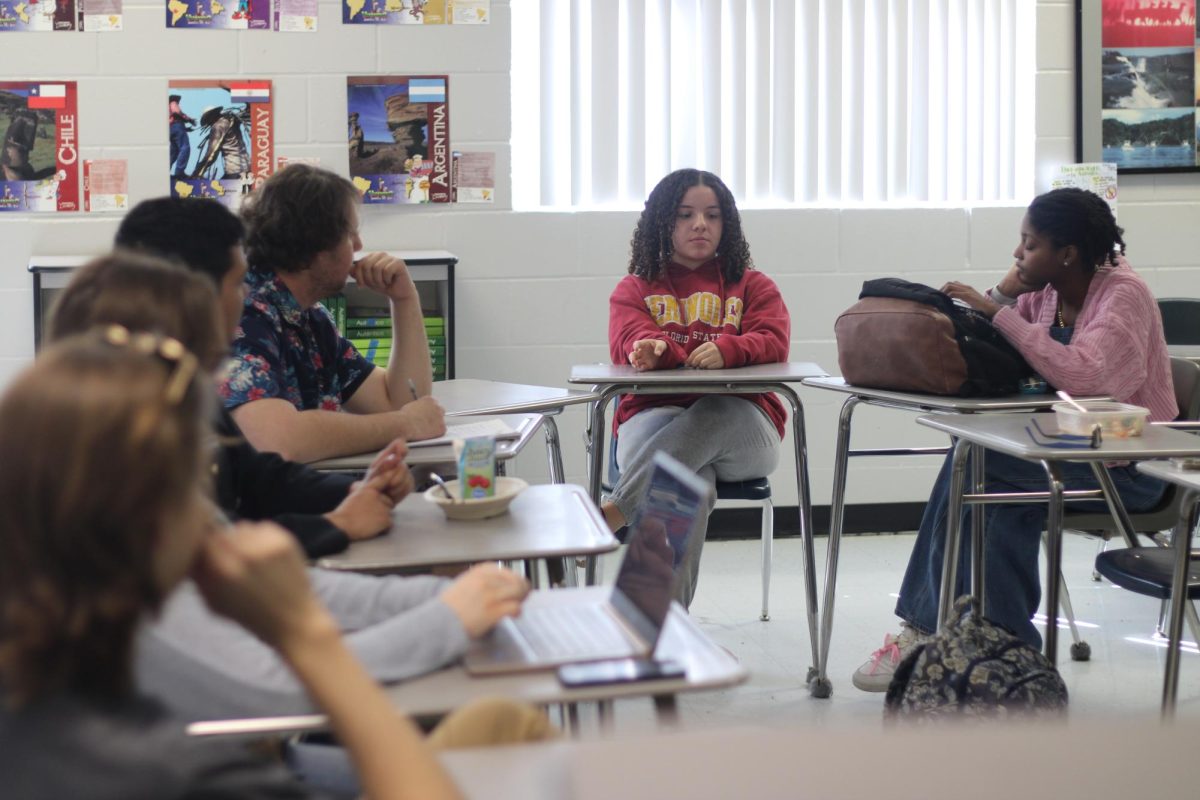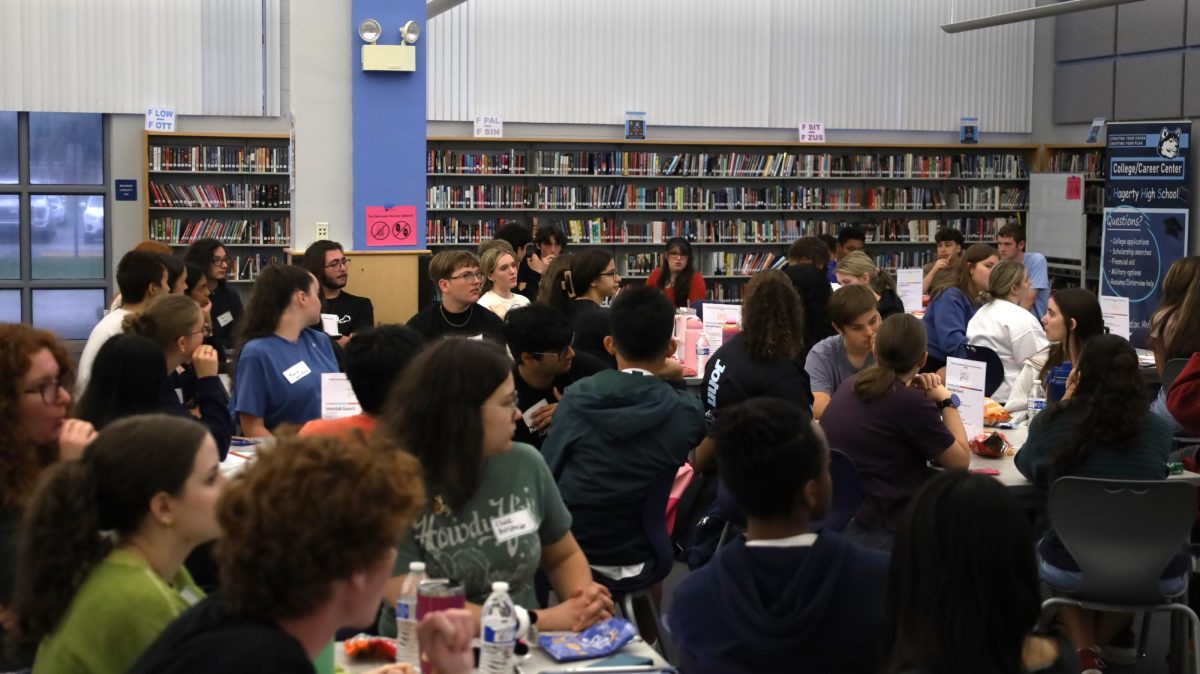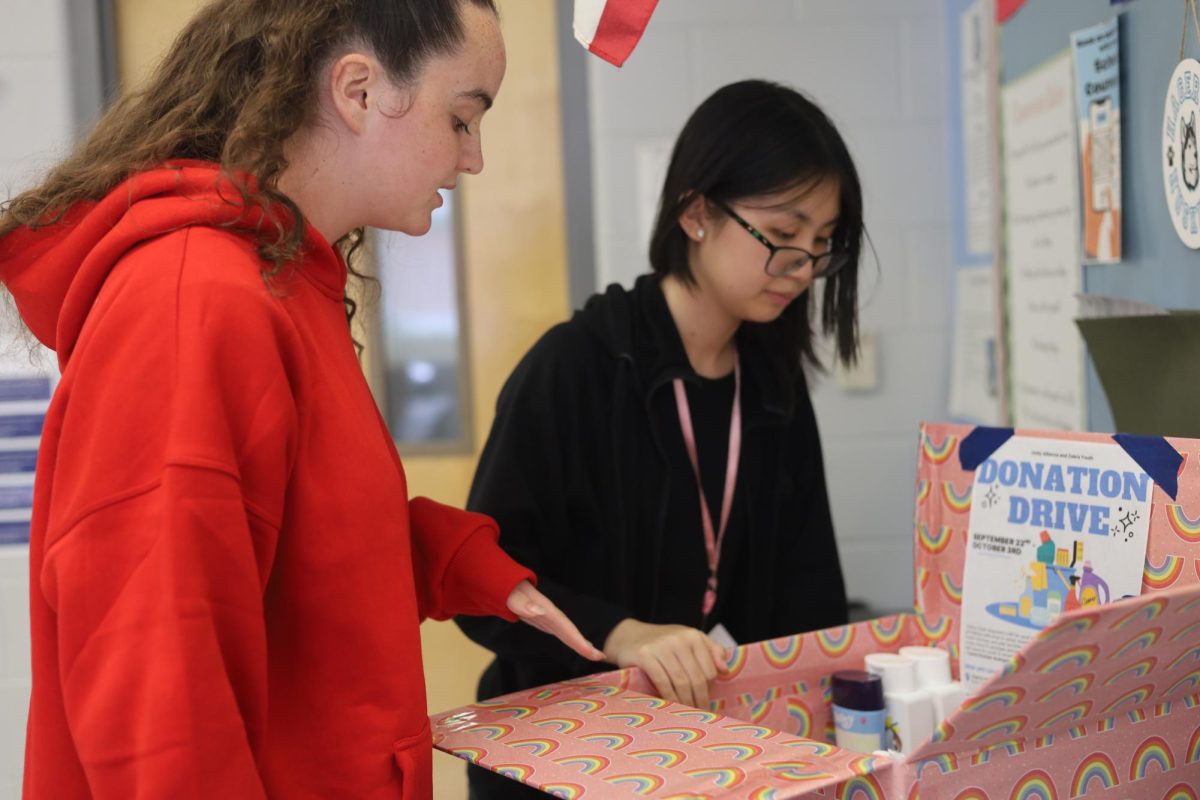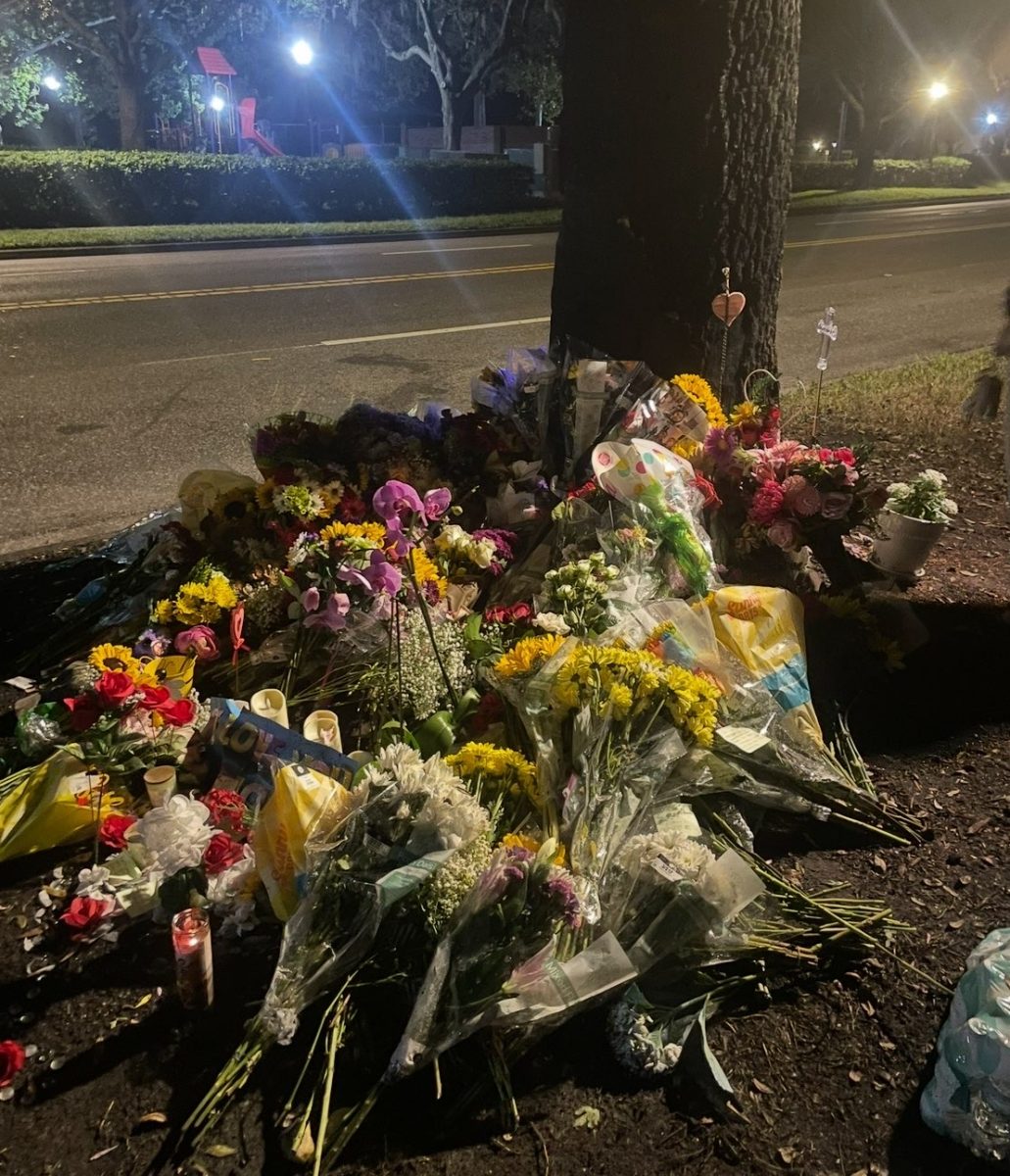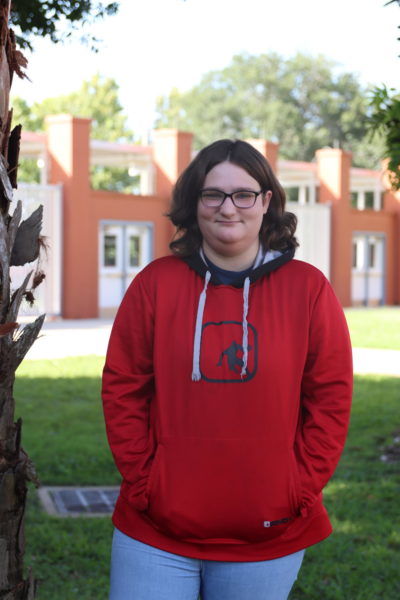During both lunches on fixed Wednesdays during the month, Leadership teachers Kari Miller and Sarah Bearss and administrator Christy Tibbitts-Bryce are busy overseeing the Interclub Council meetings, which are meetings for the clubs at school to meet together and plan upcoming projects and to just check in.
In February, the silver tiered clubs met in Miller’s room during both lunches to discuss the implementation of a new directory board, the Interclub Council directory board. Going into effect in March or April, the directory board will discuss and fix issues with attendance for the meetings, clubs getting voices, and general problems for the clubs.
“The directory board is a good thing to give more people voices,” Bryce said. “Club participation is important too, so we can do more things schoolwide.”
The clubs are tiered by the level of involvement that they have on campus. Smaller clubs like the Book Club, Poets Society and the Fashion Club fall in the silver tier. Clubs that have more involvement fall under the blue tier like Robotics, Red Cross and the Unity Alliance club. Black tiered clubs such as the Honor Societies and Future Educators of America have the most involvement, doing events like cleanups, donations and getting volunteer hours.
“I feel like the biggest problem for ICC is attendance,” First Aid club president Troy Marinshaw said. “With clubs, communication gets lost and clubs couldn’t make the meeting during lunch.”
Attendance wasn’t the only problem that the directory board wanted to fix. Smaller clubs like the First Aid club, and the Fashion club, don’t get larger voices about school issues. Club projects and general fixes to the problems, like the black tiered clubs, which have more involvement in school and have more members.
“I see a lot of the clubs struggle to show up for the ICC meetings, and it’s reflected in all of the clubs, not just mine,” Fashion Club president Misa Gibbs said. “If it’s only one lunch, it gets harder for people to show up.”
The one main problem that the board aims to fix is attendance. Many clubs struggle with people showing up to the ICC meetings, or club meetings because of lost communication or conflicting schedules.
The board isn’t to police the clubs, as that job is for administration and Leadership, but rather to give spotlight to things going on with the clubs, and to just oversee and fix problems clubs face.
“The board is giving clubs the opportunity to plan events and fundraisers and ways to boost school spirit.” Miller said.

